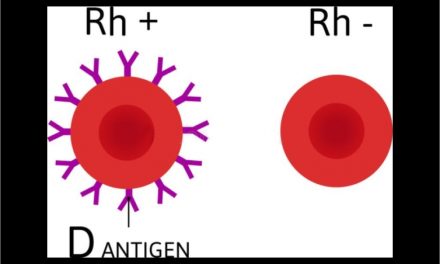It is a no-brainer that food gives sustenance, energy and promotes good health. Every human can only survive if they receive nourishment from food, and this is why healthy eating is often encouraged. Food is a substance that provides nutrition for the body, ensuring sustenance and improving health. It is indeed one of the necessities of life. It contains nutrients essential for the growth, repair, and maintenance of the body tissues and for the regulation of vital processes. Nutrients provide the energy our bodies need to function. Of course, God has a stated purpose for us on earth as believers and to bring this to fulfillment, we have to take care of our body. If the body is not catered for, it can hinder the agenda of God in one’s life. One of His plans for us is to be in good health (3 John 1:2). As important as food is, it is also vital to be careful of what we consume and when to consume as Christians. Food can be a good health and it could be a killer (1 Corinthians 3:16-17). “Everything is permissible for me but not everything is beneficial. Everything is permissible for me -but I will not be mastered by anything. Food for the stomach and the stomach is for food but God will destroy them both” (1 Corinthians 6:12-13a). Paul in 1st Corinthians made us understand that the freedom we have as Christians can be abused. Truly, God has made available all food for our consumption but not everything is beneficial to us. Jesus also made it clear that “man shall not live by bread alone, but on every word that comes from the mouth of God” Matthew 4:4. Therefore, we need to know that there is a strong link between spiritual health and physical health. Food and faith surprisingly overlap in scripture. Beyond addressing spiritual hunger, several passages offer wisdom for caring for our physical bodies through wise eating. Exploring those food-related verses gives guidance on nutrition and reveals deeper truths about stewardship and moderation. This does not mean you need to be a vegetarian or never eat certain foods. Our dietary choices are more than about nourishment, they also act as reverence for the body we are entrusted with as it is the temple of God’s spirit who is within us. So, we should be encouraged to honour God through healthy eating habits. Daniel’s preference for a plant-based diet over the indulgent royal meals (Daniel 1:8-15) demonstrates the health benefits of simple vegetarian-focused nutrition. Though occasionally eating meat, Daniel seemed to adhere largely to Genesis 1:29. During this nutrition test he appeared notably healthier on just veggies and water than his meat-eating counterparts. Likewise, Proverbs 25:16 “If you find honey, eat just enough - too much of it, and you will vomit” - illustrates the concept of moderation. It suggests that while enjoyment of food is part of God's design, overindulgence can lead to negative consequences. Healthy eating is an act of stewardship of God’s creation and respect for our bodies as the temples of the Holy Spirit. This is an enlightenment of how our physical nourishment is intrinsically linked to our spiritual well-being. In embracing these teachings we not only nourish our bodies with wholesome foods but also feed our souls with the wisdom and love of God. This journey through the scriptures invites us to a table where every meal becomes an opportunity to glorify God, care for His creation, and remember the profound spiritual connection in the simple act of eating.
iSpeech
BENEFIT OF FOOD












Recent Comments